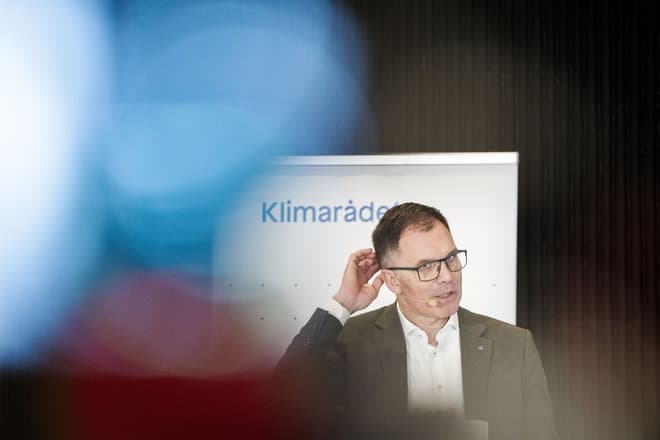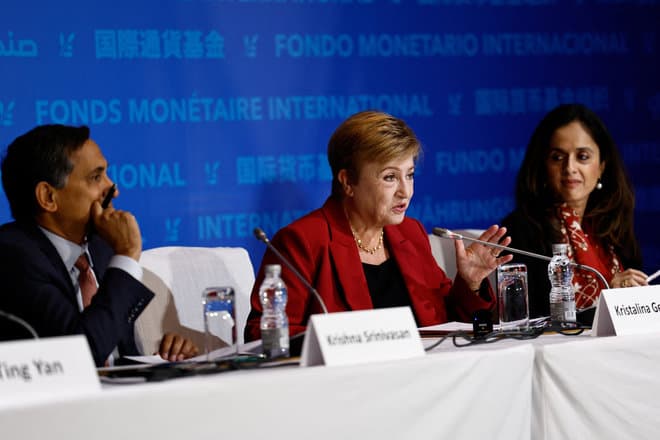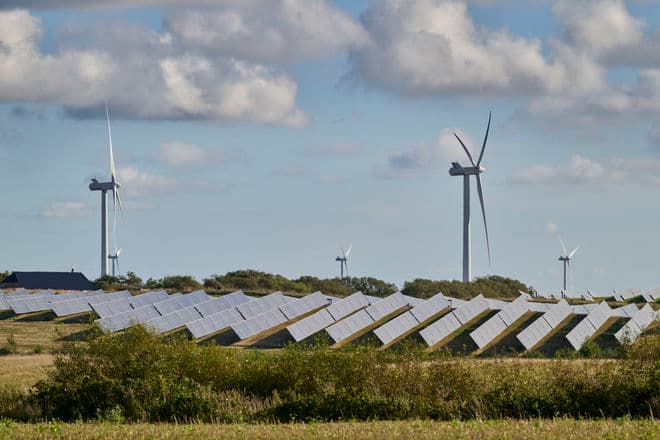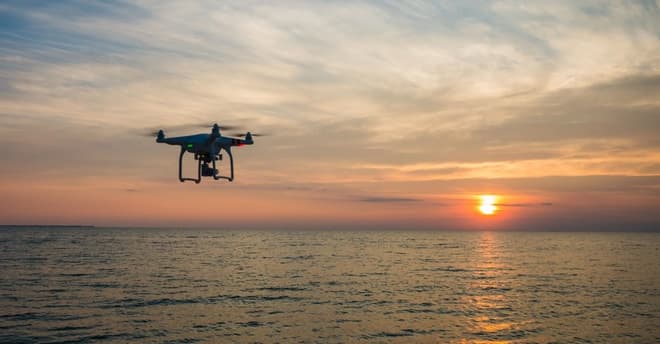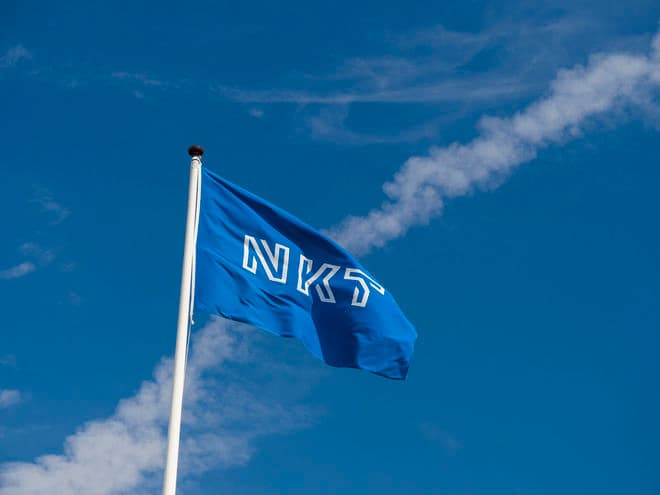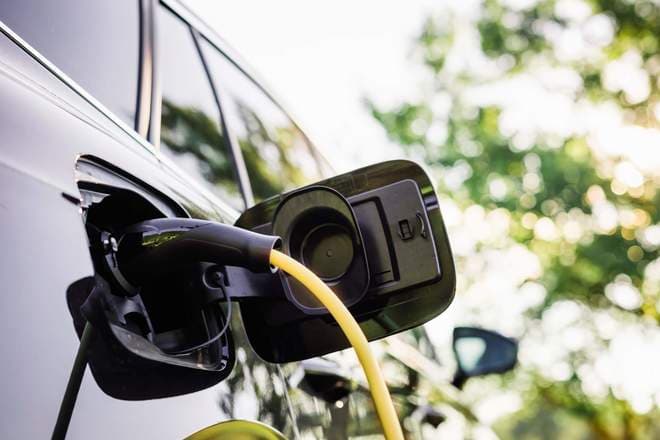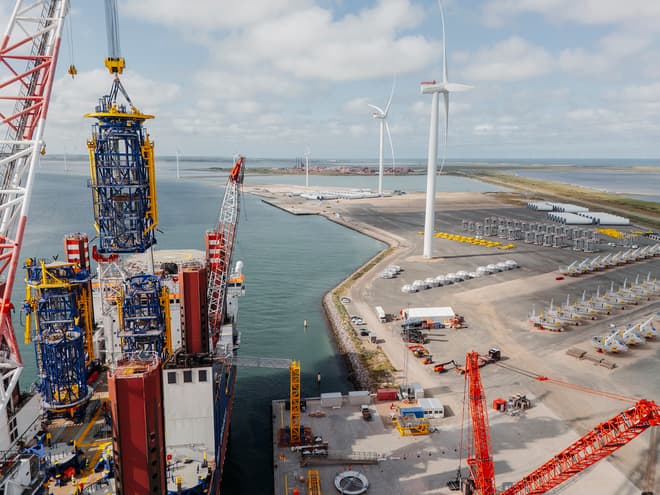
We have become better at turning off the lights and doing laundry at night, when electricity consumption and prices are low. But even though electricity consumption has decreased by about ten percent compared to the same time last year, consumers will have to dig deeper into their pockets to pay their electricity bills in the coming months.
This also applies to those who have a fixed-price agreement. Electricity prices have approximately doubled in the last quarter of the year compared to the previous quarter. This is reflected in the price, according to the electricity companies Norlys and Andel Energi, which together have around 1.8 million electricity customers.
- Our BasisEnergi customers, who have a three-month fixed price, will receive a significantly higher electricity price in the fourth quarter, says Jack Kristensen, function manager at Andel Energi.
The significantly higher price is a doubling compared to the third quarter, according to both Andel Energi and Norlys. This is because there is a shortage of energy as a result of the energy crisis. This pushes up prices.
Fixed-price customers do not encourage new habits
According to Brian Vad Mathiesen, a professor of energy planning at Aalborg University, the disadvantage of fixed-price agreements is that they do not encourage customers to change their habits and thereby reduce electricity consumption. However, both Andel Energi and Norlys recommend turning down consumption.
- Make sure to fill the washing machine completely before starting it. And if you can wash at 30 degrees instead of 40, that's an advantage, because it requires less energy, advises Michelle Hald, press manager at Norlys.
It is not possible for the two companies to say whether all electricity customers save on electricity, or whether the desire to save is higher among those who have an electricity contract where the price changes from hour to hour.
Neither the industry organization Green Power Denmark nor the state-owned company Energinet has data showing whether consumers can do more than they currently do to save.
Saving opportunities in more places
They also have no information about whether there is an opportunity to save more in either the private business sector or the public sector. But there is probably something to be done in both the private business sector and the public sector, Brian Vad Mathiesen estimates.
According to him, in many cases it is probably not decisive for the individual company or institution. But if more people reduce their electricity consumption, for example at night, it could affect the general electricity price, says the professor.
- You can examine how much consumption there is in the company after 5 or 6 p.m., when all employees have gone home, he says.
A very visible sign of consumption is whether the lights are on. But the invisible consumption can be even greater, according to the professor. It can be coffee machines, printers, computers, servers or other power guzzlers.
- Then you can see if you can set a timer on some of the things, if something can be turned off on a main switch, if you can make a relay that automatically turns off.
- You need to have some automation in place. I think it can pay off in the long run, even after this crisis is over, to look more at consumption, says Brian Vad Mathiesen.
/ritzau/
Text, graphics, images, sound, and other content on this website are protected under copyright law. DK Medier reserves all rights to the content, including the right to exploit the content for the purpose of text and data mining, cf. Section 11b of the Copyright Act and Article 4 of the DSM Directive.
Customers with IP agreements/major customer agreements may only share Danish Offshore Industry articles internally for the purpose of handling specific cases. Sharing in connection with specific cases refers to journaling, archiving, or similar uses.
Customers with a personal subscription/login may not share Danish Offshore Industry articles with individuals who do not themselves have a personal subscription to Danish Offshore Industry.
Any deviation from the above requires written consent from DK Medier.








